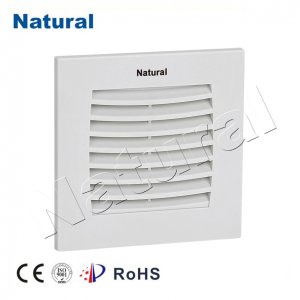Electrical panels are the nerve centers of any electrical system, managing the distribution of power throughout a facility. One crucial yet often overlooked component of these panels is the fan filter. An electrical panel fan filter plays a vital role in ensuring the efficient operation of electrical systems by preventing dust, dirt, and other contaminants from entering the panel. In this article, we will explore the significance of electrical panel fan filters, how they work, their benefits, and essential maintenance practices to prolong their lifespan.

What is an Electrical Panel Fan Filter?

An electrical panel fan filter is a device installed in the fan assembly of an electrical panel to trap particles and debris before they enter the panel. Typically made of a synthetic or fiberglass material, these filters come in various designs and sizes to fit different types of electrical enclosures. They are often used in conjunction with fans that help regulate the temperature inside the panel, ensuring optimal performance of electrical components. The Importance of Electrical Panel Fan Filters Protection Against Contaminants: Dust, dirt, and other airborne particles can accumulate within electrical panels, potentially causing short circuits, overheating, or equipment failure. Fan filters act as a barrier, capturing these contaminants and reducing the risk of electrical hazards.
